Joe Biden’s old Russia start
Joe Biden criticised Vladimir Putin over Alexei Navalny but sent a very different signal on nuclear arms control.
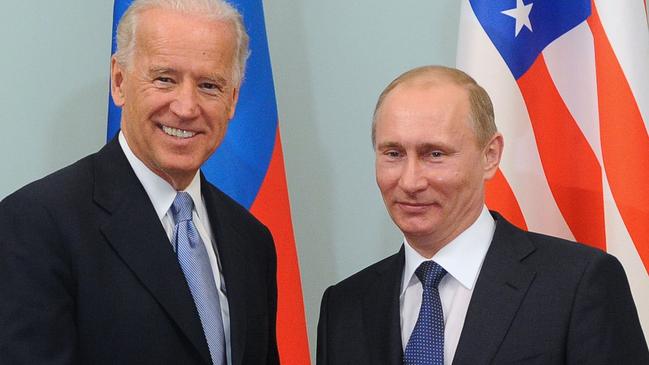
Donald Trump went easy on Russia and Vladimir Putin rhetorically, while supporting tougher policies than his predecessor. Now President Biden is taking the opposite approach. At least that’s the early message from the Administration’s first decision on arms control and its response to Russia’s growing domestic protests.
On Sunday Secretary of State Antony Blinken said he is “deeply disturbed by the violent crackdown” on Russian protesters and the arrests of thousands demanding the release of jailed opposition leader Alexei Navalny. Mr Blinken said Russians are fed up with “corruption” and “autocracy” and added that Mr Biden delivered a similar message in a phone call with Mr Putin.
Good to hear, but the Administration sent a very different signal by embracing an unconditional five-year extension of the New Start nuclear arms treaty, which Mr Putin made formal on Friday. The accord is a classic 20th century arms-control treaty that was inadequate when it came into force a decade ago.
New Start limits the number of deployed strategic nuclear warheads and bombs at 1,550. It also caps the deployment of intercontinental ballistic missiles, submarine-launched missiles and nuclear-equipped heavy bombers. The deal would have expired Feb. 5, but Mr Biden took the longest extension possible.
This squanders useful diplomatic work by the Trump Administration. While Washington withdrew from the Intermediate-Range Nuclear Forces (INF) and Open Skies treaties, which Russia was violating, it tried to negotiate a shorter extension to New Start last year.
Talks began in earnest after Washington demonstrated that it wasn’t afraid of walking away from bad arms-control deals, including the Iran nuclear accord. The US sought improved verification, provisions to address technological developments and a plan for future negotiations to include China. Both sides came close to signing an interim, one-year extension last year before talks were overtaken by the presidential election.
“The New Start treaty is in the national security interests of the United States,” White House press secretary Jen Psaki said recently. “This extension makes even more sense when the relationship with Russia is adversarial.” The opposite is true. Arms-control works best between trustworthy governments, not with adversaries like Russia willing to cheat.
Former Trump national security adviser John Bolton recently called for a six-month extension, which would have provided time to address issues like tactical nuclear weapons and hypersonic missiles. Victoria Nuland, Mr Biden’s nominee for the third-highest State Department post, last year suggested a one- or two-year extension.
“Washington should not grant Moscow what it wants most,” she wrote, “a free rollover of New START without any negotiations to address Russia’s recent investments in short- and medium-range nuclear weapons systems and new conventional weapons.” Yet that’s exactly what Mr Biden has granted.
This is an echo of the Obama Administration Russia policy of criticising Mr Putin while refusing to sell lethal arms to Ukraine. Mr Blinken said the U.S. is reviewing how to respond to Mr Navalny’s arrest and didn’t rule out more sanctions. After its needless unilateral concession on New Start, Mr Putin won’t be impressed by critical words alone.
The Wall St Journal

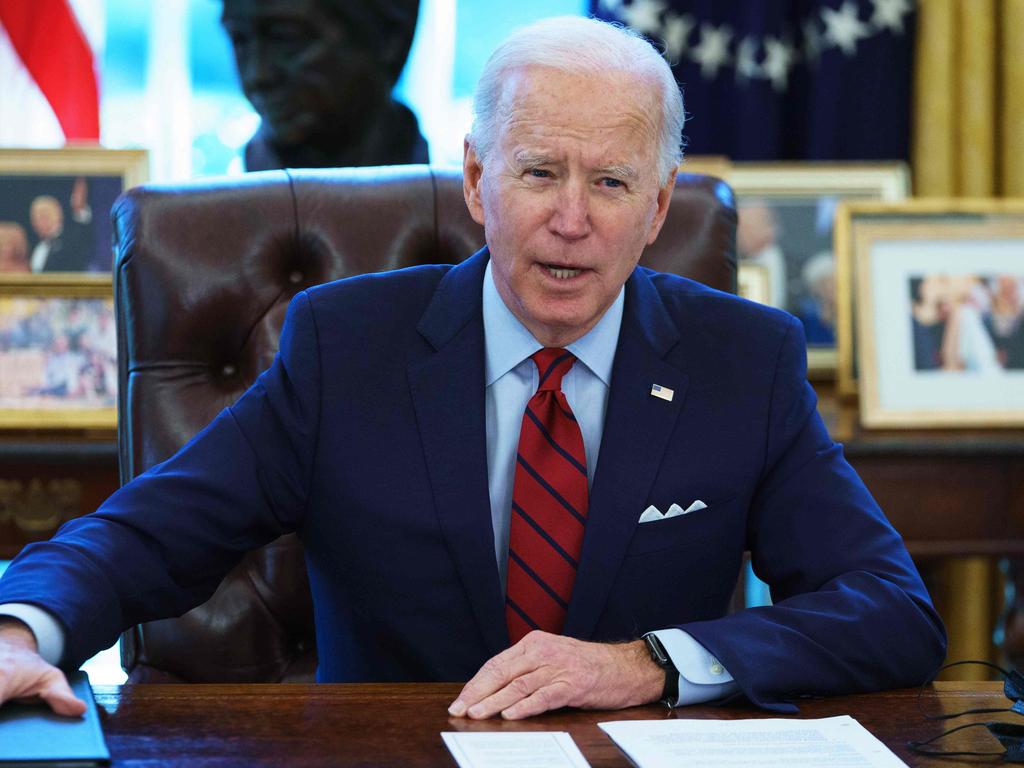
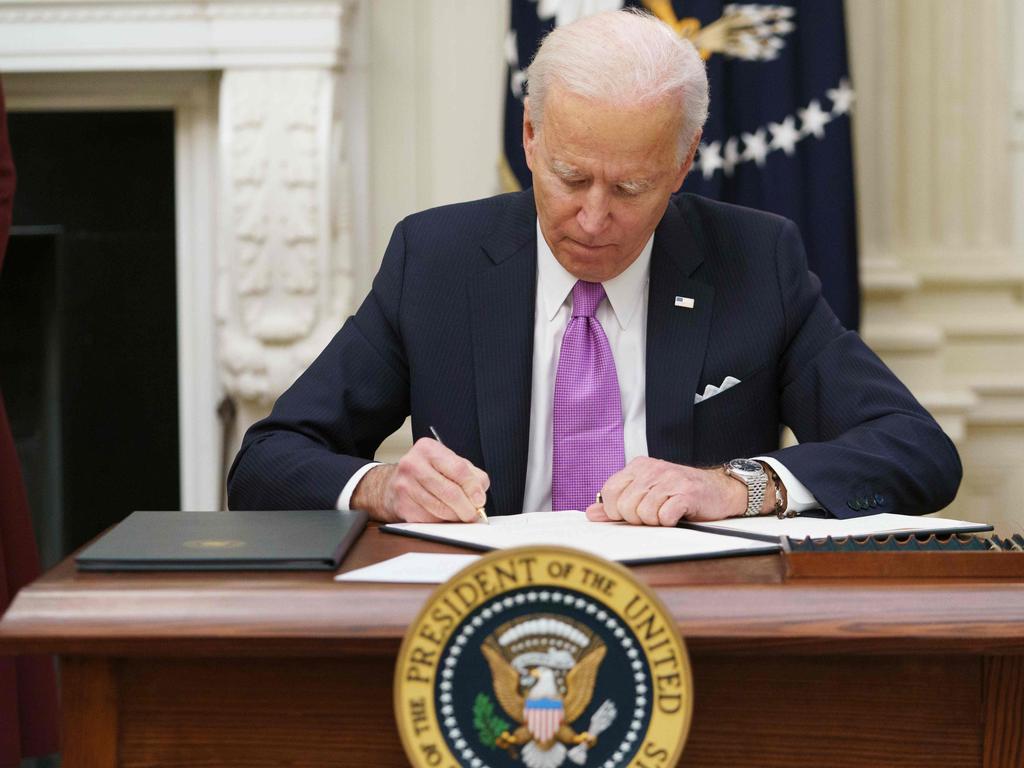
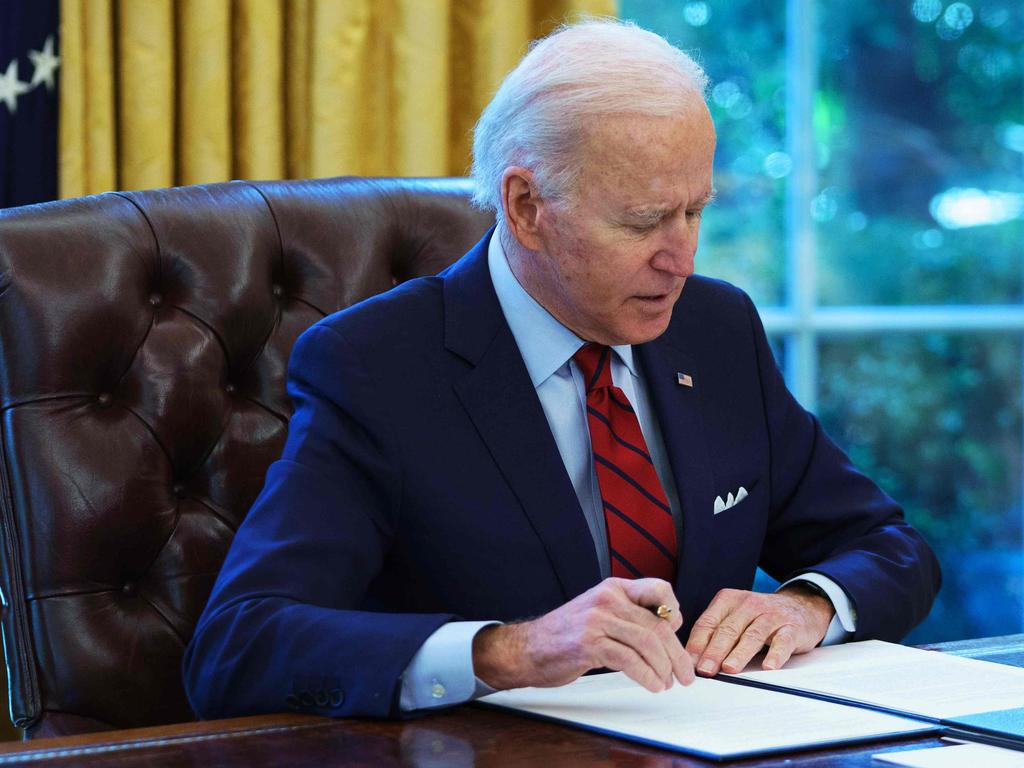
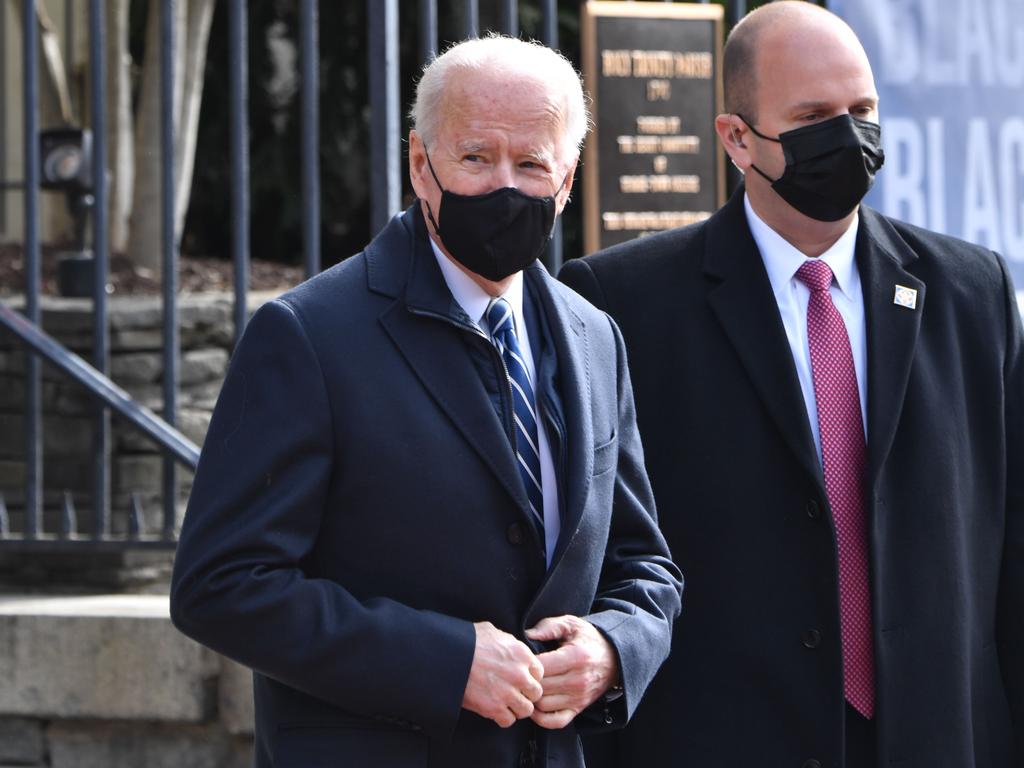


To join the conversation, please log in. Don't have an account? Register
Join the conversation, you are commenting as Logout